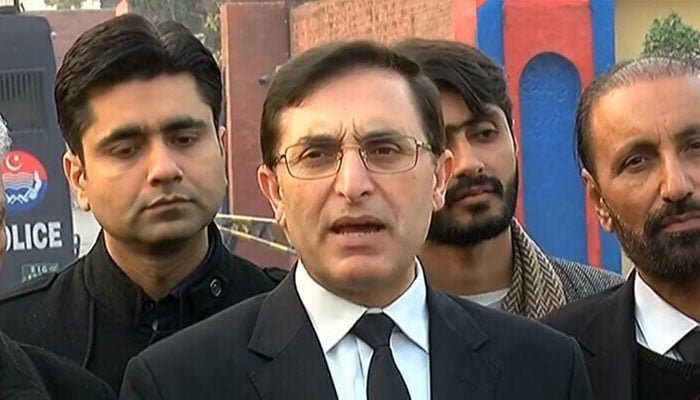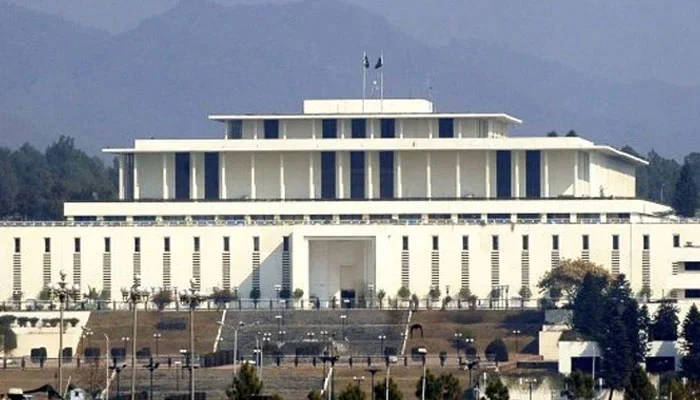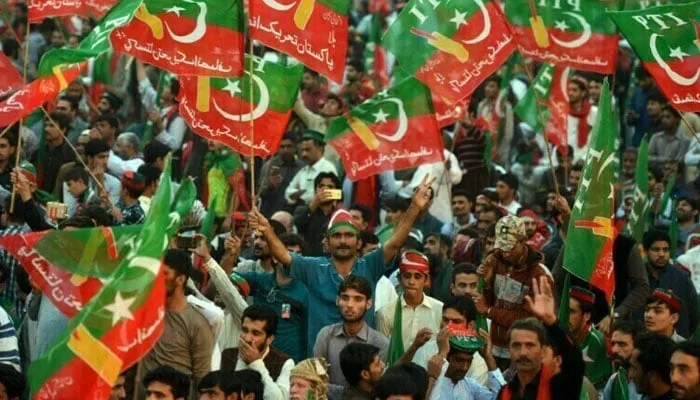Chairman of Pakistan Tehreek-e-Insaf (PTI), Barrister Imran Khan, has voiced concerns over what he perceives as a conspiracy against his party and called for a fair and transparent electoral process.
Addressing workers at a workers’ convention in Buner, Imran Khan asserted that false cases have been concocted against the founders of PTI, but attempts to sideline the party from politics would be unsuccessful.
Barrister Gohar Khan emphasized that although their tickets could be manipulated, the party cannot be removed from the political arena, stressing the need for the public to have the freedom to elect their representatives.
He pointed out that PTI conducted the best elections among political parties, securing a significant mandate. However, he claimed that other major political parties, such as the Pakistan Peoples Party (PPP), Pakistan Muslim League-Nawaz (PML-N), and Jamiat Ulema-e-Islam Fazl (JUI-F), faced serious allegations regarding irregularities and their candidates’ eligibility.
Gohar Khan accused Maryam Nawaz of consistently raising the issue of alleged mistreatment against her father, while neglecting concerns related to corruption. He also mentioned that Bilawal Bhutto, in his party manifesto, failed to use a single word against corruption.
Imran Khan, expressing his views, criticized former PTI member, MNA Mahmood Khan, accusing him of betraying the founding principles of PTI. The Chairman suggested that Mahmood Khan’s actions amounted to a betrayal of the party.
The PTI Chairman’s demand for fair elections and condemnation of perceived conspiracies highlight the ongoing challenges and controversies in Pakistan’s political landscape. As the country prepares for the upcoming elections, the discourse on electoral integrity and transparency remains a critical aspect of the political dialogue. Imran Khan’s assertion reflects the party’s commitment to upholding democratic values and ensuring a level playing field for all political entities.



